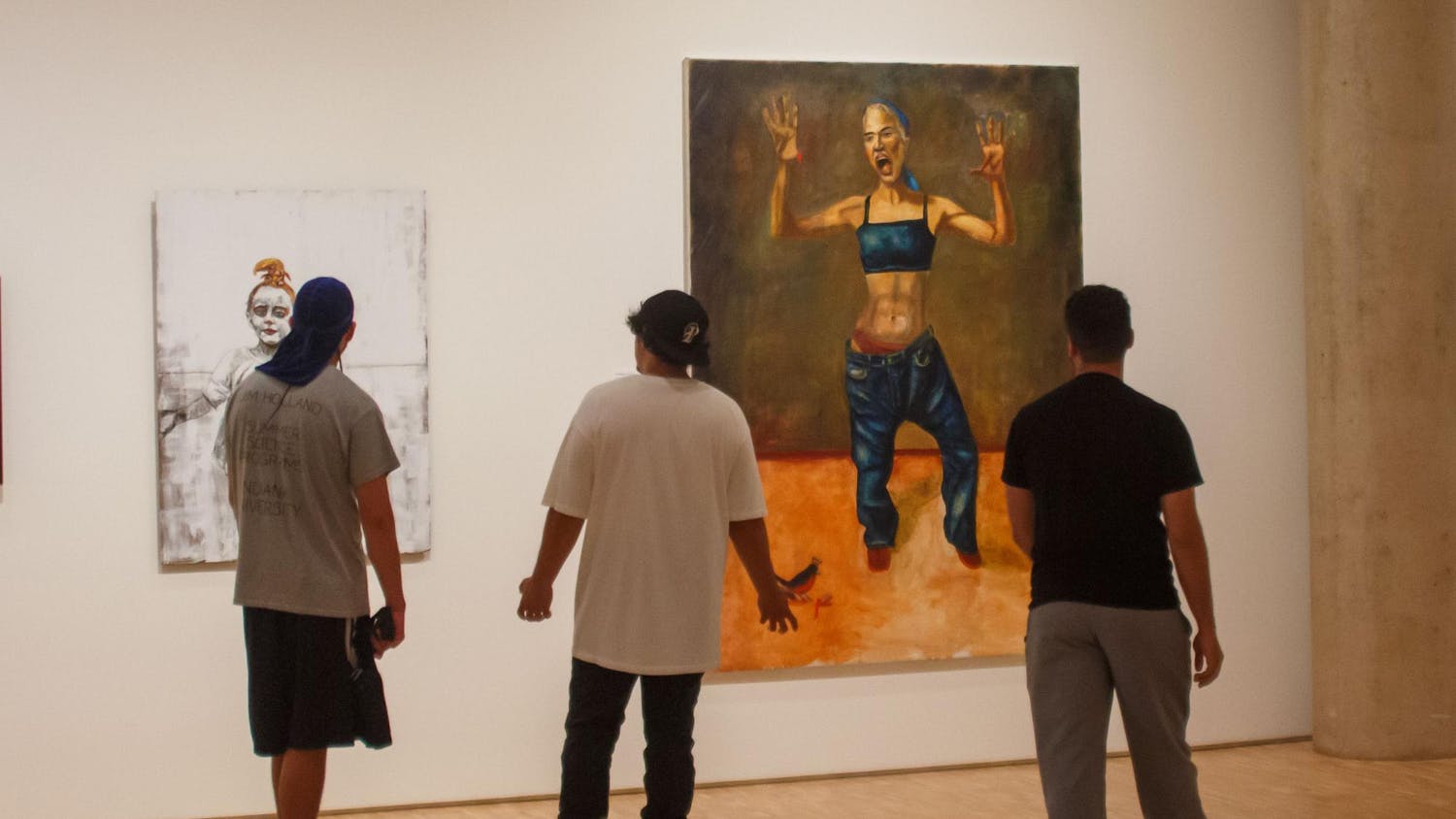The value of IU Cinema’s upcoming Latino Film Festival: Latinx Spaces is all about representation, Jonathan Risner, an assistant professor in IU’s Spanish and Portuguese department, said.
“Being aware of other communities through cinema, or any other kind of art, cultivates empathy and understanding of that community,” he said.
The film festival includes six screenings of short and feature films spanning a breadth of genres and runs from Friday afternoon to Saturday evening at the IU Cinema. All screenings are ticketed, but free, and tickets can be reserved online in advance.
Multiple screenings will include lectures or discussions. The theme of this year’s Latino Film Festival is Latinx Spaces.
Sylvia Martinez, director of IU’s Latino Studies program, said in an email that the theme was chosen to explore how minority communities interact with different social climates in the United States.
“The idea was to select films that demonstrate how the Latino community navigates geographical, political and social spaces in the U.S.,” she said.
Risner tied the idea of representation back to the recent release of the box office smash hit “Black Panther.” He said he thought the film was important because it featured people of color in non-stereotyped roles.
Risner said he hoped the film festival could offer community members a look at a wealth of identities.
“There is more than one Latino identity,” he said.
Directors Adelina Anthony, William Caballero and Marvin Lemus are scheduled to be present at the festival’s short film compilation screening, and director Peter Bratt is scheduled to be present at the screening of the documentary film “Dolores,” according to IU Cinema’s website.
Brittany Friesner, IU Cinema assistant director, said in an email tickets for the screening of “Dolores” are being claimed fast.
The film “Hostile Border,” which grapples with deportation and the complexities of immigration policy, will be followed by a post-screening discussion.
Martinez said in addition to prominently featuring characters of Latino heritage, the festival also spotlights the intersection between the Latinx and LGBT communities.
In a piece she wrote for the cinema’s “A Place for Film” blog, Martinez said she was delighted with this facet of the festival lineup.
“It will highlight the experiences of an often-invisible population in the Latinx community,” she said.
One of the festival’s films, “Signature Move,” previously screened at Bloomington PRIDE film fest, Friesner said.
The goal of the festival is to celebrate the diversity of the Latinx community, Martinez said.
“First and foremost, the purpose is to showcase the Latino community in a non-monolithic way – to celebrate its diversity,” she said.
That diversity includes ethnicity, race, social class, sexuality, immigrant status and more, Martinez said.
She said the festival presents students and community members an exciting opportunity to learn about and empathize with cultural and social experiences beyond their own.
“I encourage all to come to the festival to learn about the Latino community,” Martinez said.
Most of all, she said she enjoys seeing students engage with the films and the festival as a whole.
“If students attend and then I hear them talking about a particular film or the festival in general weeks from now, that puts a smile on my face,” Martinez said.



